THERE’S NO PLACE LIKE SAINT ROSE.
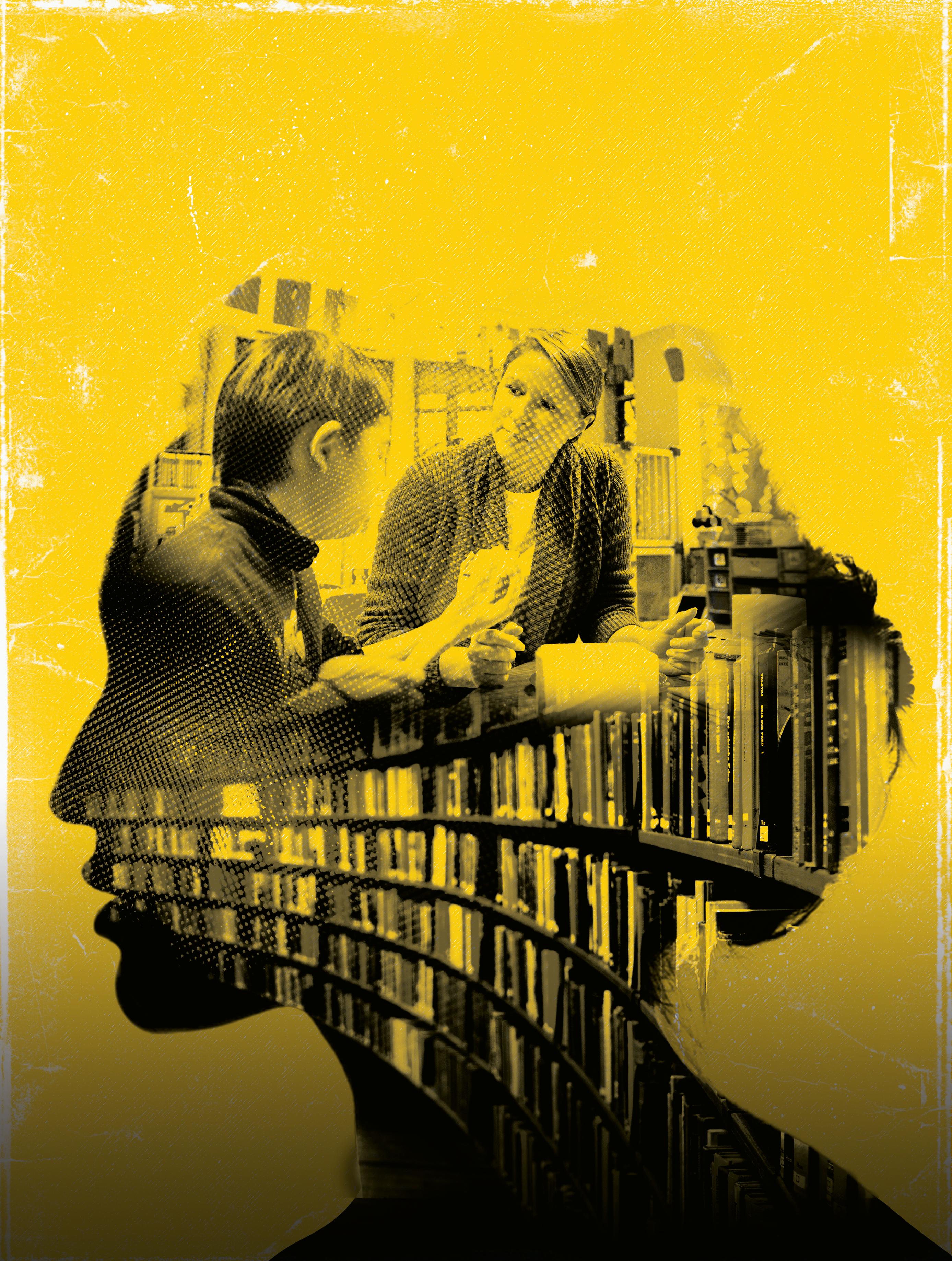


The Thelma P. Lally School of Education is known throughout the Northeast for having top education programs.
Mentorship and Theory in Action learning opportunities begin in a student’s first year. Rigorous academic and field experiences and the guidance of faculty, who are practitioners and experts in their fields, offer students the best preparation for becoming effective, confident educators or speech therapists. Clubs, honors societies, and professional associations support the overall development of the student and create strong resumes for their careers or graduate school applications.
We have more than 28,000 alumni who have been trained as teachers and countless CSD students who are thriving in their careers. We’ve cultivated strong relationships with many employers across the Capital Region, and because we’re located in the heart of Albany, New York, we’re within walking distance of many student-teaching and fieldwork opportunities (in addition to our on-campus speech clinic). Many education students need a master’s degree to advance in their careers, and our competitive graduate programs meet this need, allowing students to remain at Saint Rose for the next step in their educational journey.
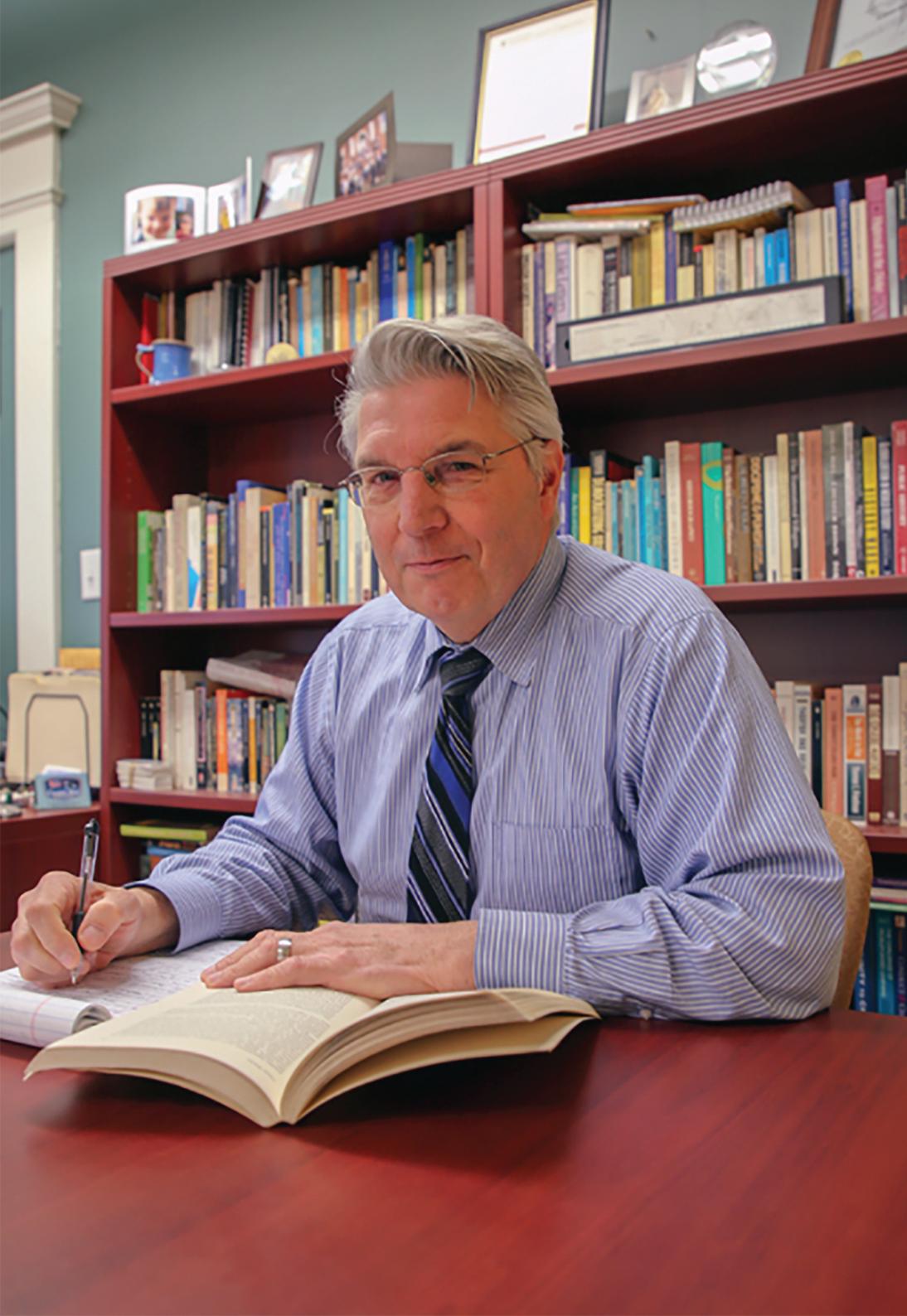
And this year, we’re proud to announce our Build the Teacher Pipeline Initiative, which addresses the nationwide teacher shortage by offering free on-campus housing for up to four years for new undergraduate students who major in education.
Our faculty work one-on-one with students to make sure they thrive. Whether you dream of teaching a classroom full of young, impressionable minds or helping the speech impaired find their voice, you’ll find success at Saint Rose.

“I chose Saint Rose because of its reputation of preparing knowledgeable and sought-after teachers for their career. When I began my journey of selecting a college to continue my education, Saint Rose felt like home to me the moment I stepped on campus. As a transfer student, the transfer enrollment office guided me through the process and became a partner in ensuring the continuation of my education. Since my time at Saint Rose, I have felt supported and understood by their amazing staff, who truly want to see me succeed. I consider myself incredibly lucky to be a member of this campus.”

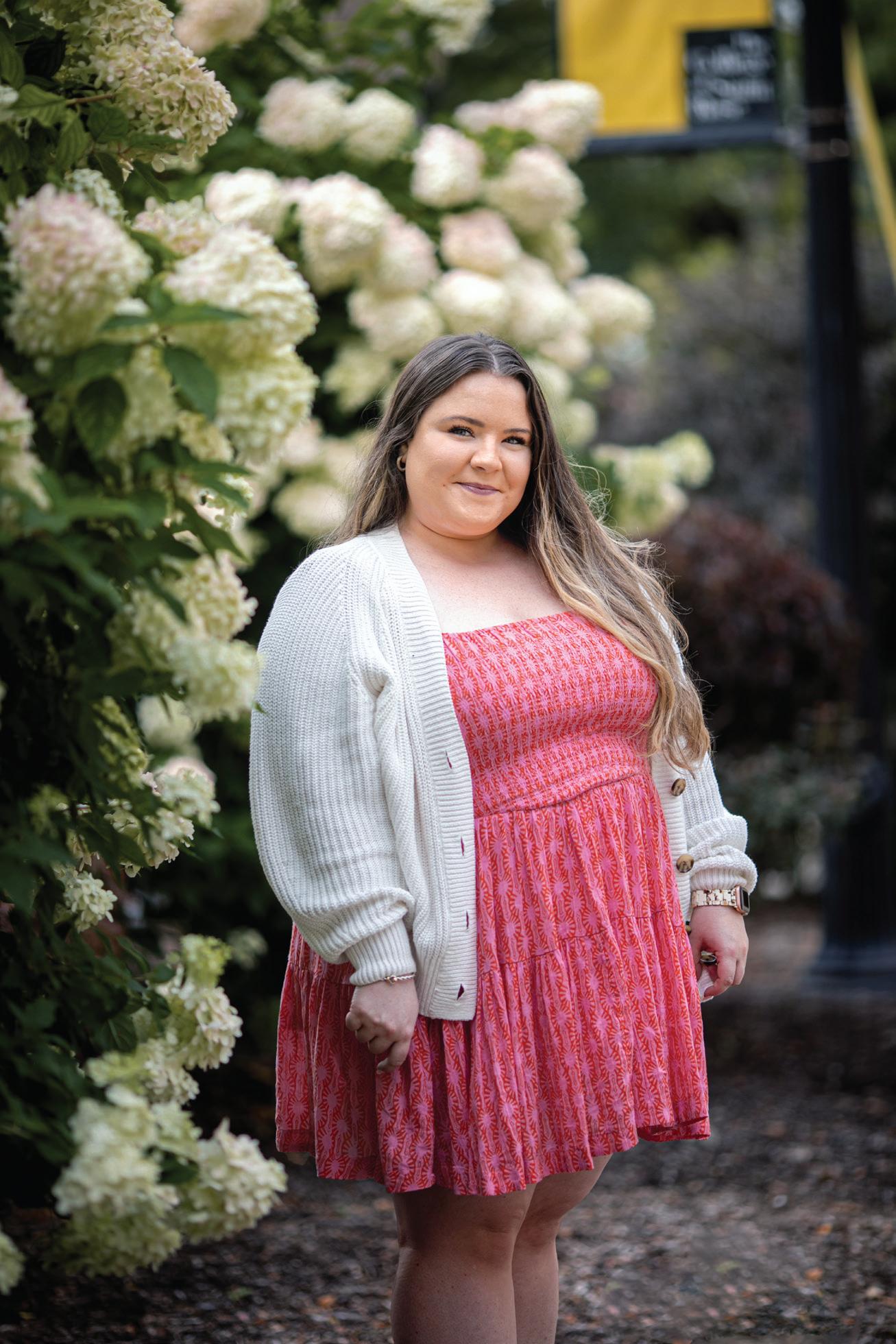
We grant MORE education degrees and certificates than any other college or university in New York State.
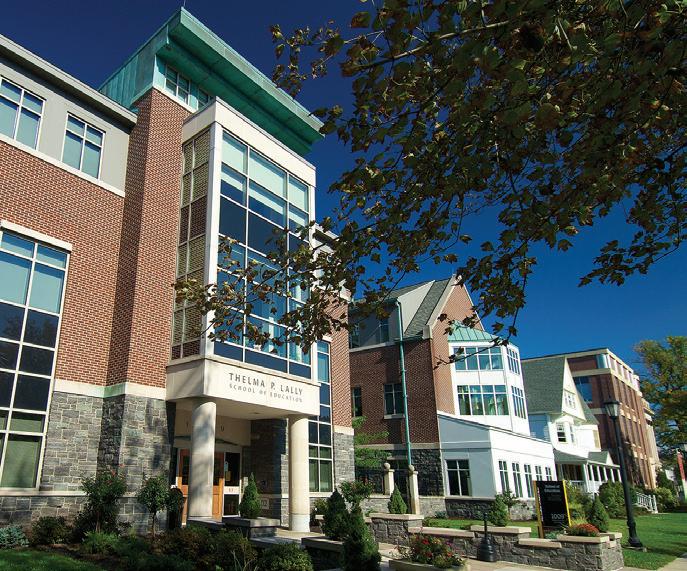
We have an alumni network of 28,000 educators. We have one of the highest pass rates on the New York State certification exams.

We have an on-campus speech clinic that prepares CSD students for success.
Abby Pauli ’23 Childhood/Special Education“I chose Saint Rose because of their amazing education program, and I really love this school. It is like a home to me. Professors like Dr. Pfister, Dr. DeLuke, and Dr. Slichko have helped me rise to the top in my journey to become a teacher, and they have shown me how much potential I truly have. Saint Rose has provided me with many professional development opportunities that have helped me grow as a future educator. I really like how Saint Rose has opportunities such as Friday Knights, which creates a safe space for people who have Autism Spectrum Disorder to have fun and gain social skills together. Working with Friday Knights has helped me realize that teaching is definitely my passion, and my goal is to be a special education teacher one day. I am going to start student teaching next semester, and I feel very prepared to go out into the field and teach. I would like to thank Saint Rose for providing me with all the opportunities I need to become a great teacher.”

BA, English Adolescence Education (Grades 7-12 Certification)
Combine your love of literature and writing to teach English to middle and high school students. You’ll sharpen your teaching skills through hands-on experience and a semester of student teaching.
BA, Social Studies Adolescence Education (Grades 7-12 Certification)
Gain a solid foundation with courses in history, economics, geography, government, and civics. You’ll progress from classroom observations to full semester-length student-teaching placements.
Adolescence Education and Special Education BA/MSED Dual-Degree ASPIRE program
Earn both your bachelor’s and master’s degrees in five years, accelerating your time spent in a college classroom and launching you into your career as an educator. You will be eligible to receive two New York State certifications while specializing in either an English or social studies content area.
BS, Childhood and Special Education (Grades 1-6 and Special Education Grades 1-6 Certification)
Expand your career options with the potential to earn two New York State certifications in childhood (1-6) and childhood special education (1-6). You’ll work with your professors and peers through our program, which strategically combines coursework and coordinated, supervised fieldwork with learners of all abilities.
Build a strong foundation in communication sciences and disorders with course-embedded clinical observations and handson practice (in-person and via teletherapy). You’ll study speech, hearing, and swallowing disorders, language development, research methods, voice disorders, and speech-language-hearing programs while gaining professional experience through local school and home-based field placements. Plus, access to an extensive curriculum library means you’ll have the resources you need for success at your fingertips.
BS, Early Childhood and Childhood Education (Birth-Grade 6)
Prepare to earn two New York State teaching certifications (Birth-Grade 2 and Grades 1-6) and receive hundreds of hours of course-embedded fieldwork. You’ll observe teachers and students in real-time and participate in an intensive student-teaching experience. You’ll graduate prepared to lead your own class.
BS, Inclusive Early Childhood Education (ECE Birth-Grade 2 and Special Education Birth-Grade 2 certification)
Learn to teach diverse learners and prepare to earn two certifications: early childhood and special education. You’ll have the opportunity to gain more than 200 hours working with young children with two student–teaching placements.
Gain hands-on experience as early as your first year
Mentorship and hands-on learning opportunities in schools are part of the student experience. You’ll participate in extensive student teaching and fieldwork in professional settings that include Pre- K-12 schools, colleges, counseling practices, and the Pauline K. Winkler SpeechLanguage-Hearing Clinic.
Interested in receiving your bachelor’s and master’s degrees in a compressed period of time?
For teaching students, the College’s five-year ASPIRE program prepares you for New York State certifications in general education and special education. For speech therapy students, the CSD dualdegree program shortens your undergraduate study by one semester and offers automatic acceptance into our competitive graduate program.
All of our faculty are New York State certified educators. With years of field experience, they’ll help you find the right student-teaching and field-placement opportunity. Our students’ pass rates on the New York State Teacher Certification Exam exceed New York State averages. With decades of experience, our CSD faculty are experts in their field and provide students with one-on-one support from start to finish. You can be confident we provide a rigorous and rewarding academic experience.

Find all the resources you need to complement our expert classroom instruction. CSD students gain handson experience working with clients at our on-site speech clinic while teaching students can access a wide array of material at our curriculum library.
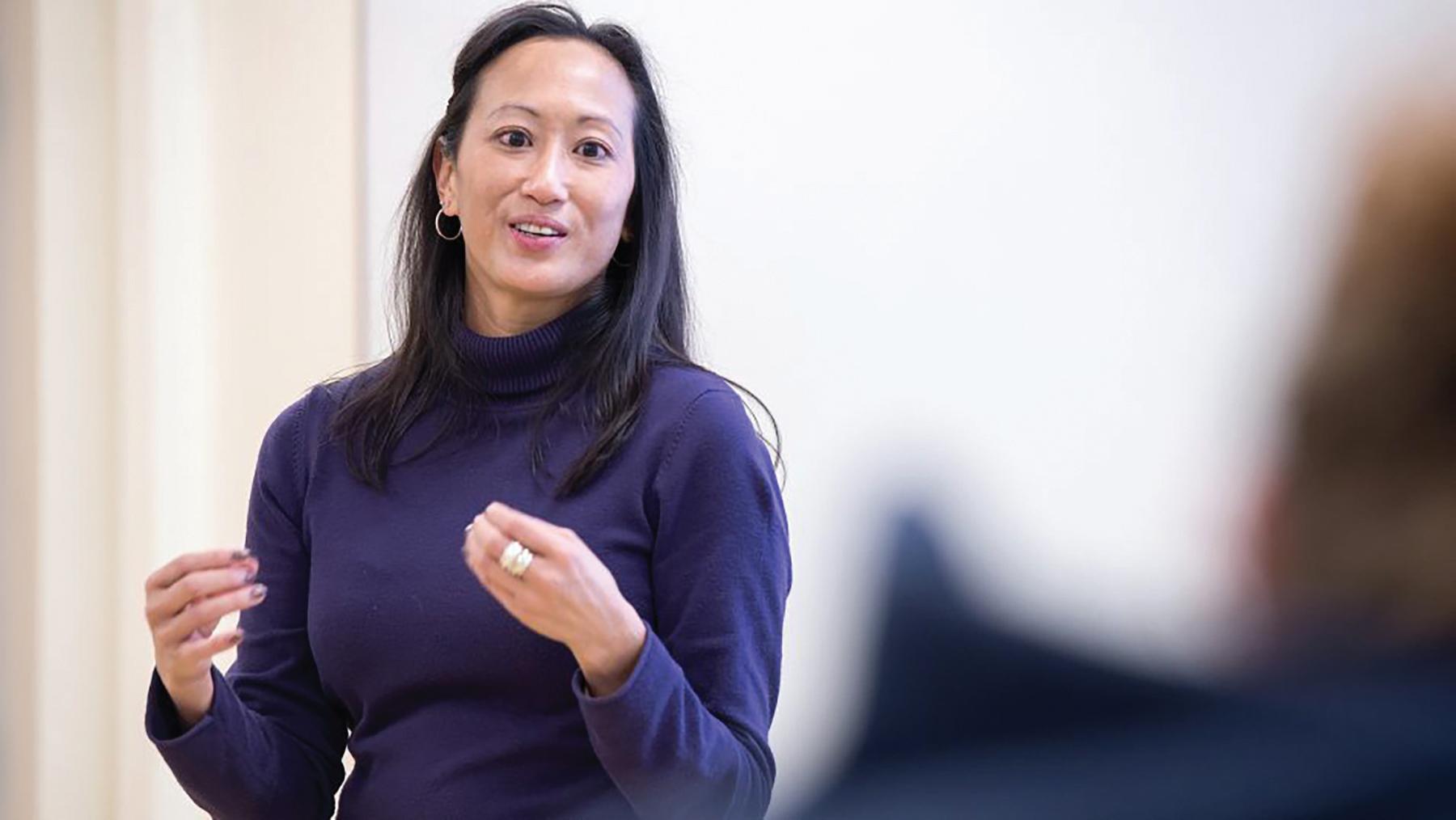
Our education experts get it. Today’s teachers need to know how to use more technological tools than ever before. Through hands-on experience, you’ll incorporate a variety of digital tools into online instruction and learn how to successfully engage students in hybrid learning.
Employment of speech-language pathologists is projected to grow 29 percent from 2020 to 2030 while the median annual pay is $80,840 per year (U.S. Bureau of Labor Statistics). With a CSD degree from Saint Rose, you can be part of this fast-growing field that puts your passion for helping others to work.
New York State officials project more than 180,000 teachers will be needed in the next decade (NYSUT). We’re ready to fill that gap by graduating top teachers who districts want to hire. On average, NYS teachers make the highest average salaries in the nation at nearly $80,000 a year.
Take a deep dive into the educational or speech issues that matter most by participating in undergraduate research. You’ll have a chance to publish your work and present at professional conferences. We strongly encourage all undergraduate students to make research an integral part of their education by supporting travel to conferences, awarding summer research grants to undergraduates, publishing an annual Undergraduate Research Journal, and holding an all-College undergraduate research symposium each spring.
Membership in our honor societies, such as the National Society of Leadership and Success, means access to a network of alumni, local officials, and professionals who are leaders in their field. Studentled clubs, such as the Council for Exceptional Children (CEC) and National Student Speech Language Hearing Association (NSSLHA), will bolster your academic experience. You’ll meet new people who share your interests, participate in rewarding community service activities, and add to your development as an educator or speech therapist.
Dr. Frances Ihle Associate Professor of Special Education
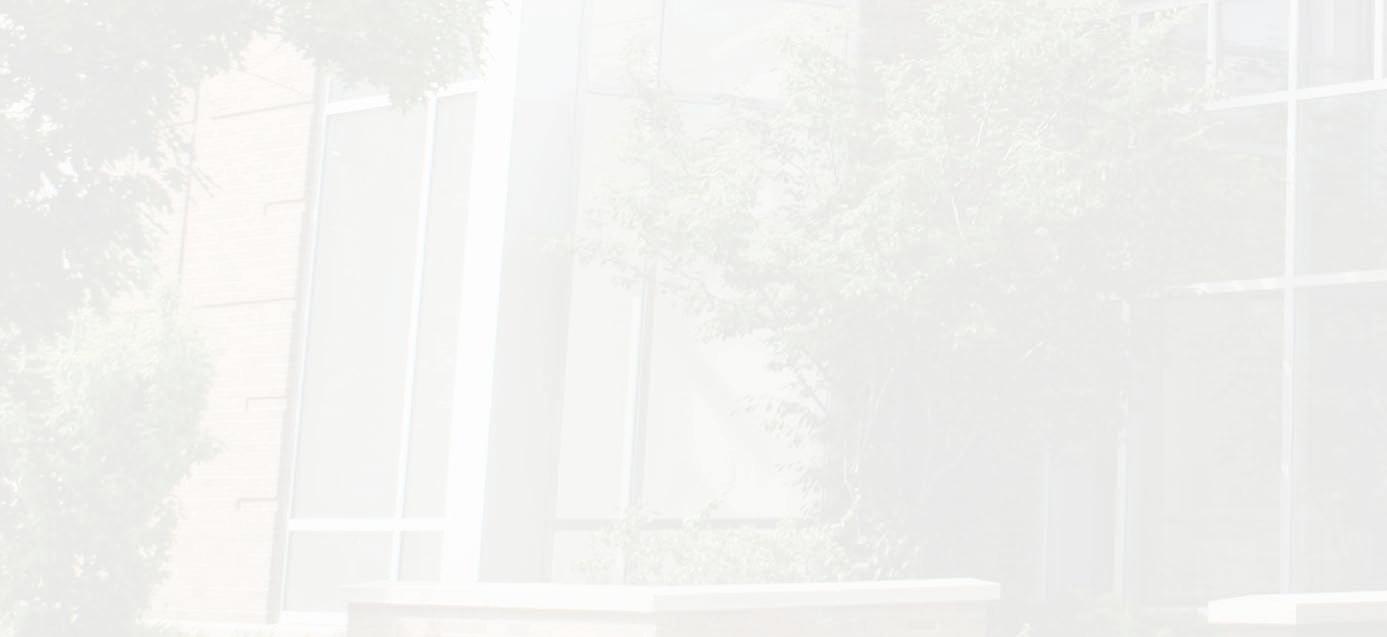
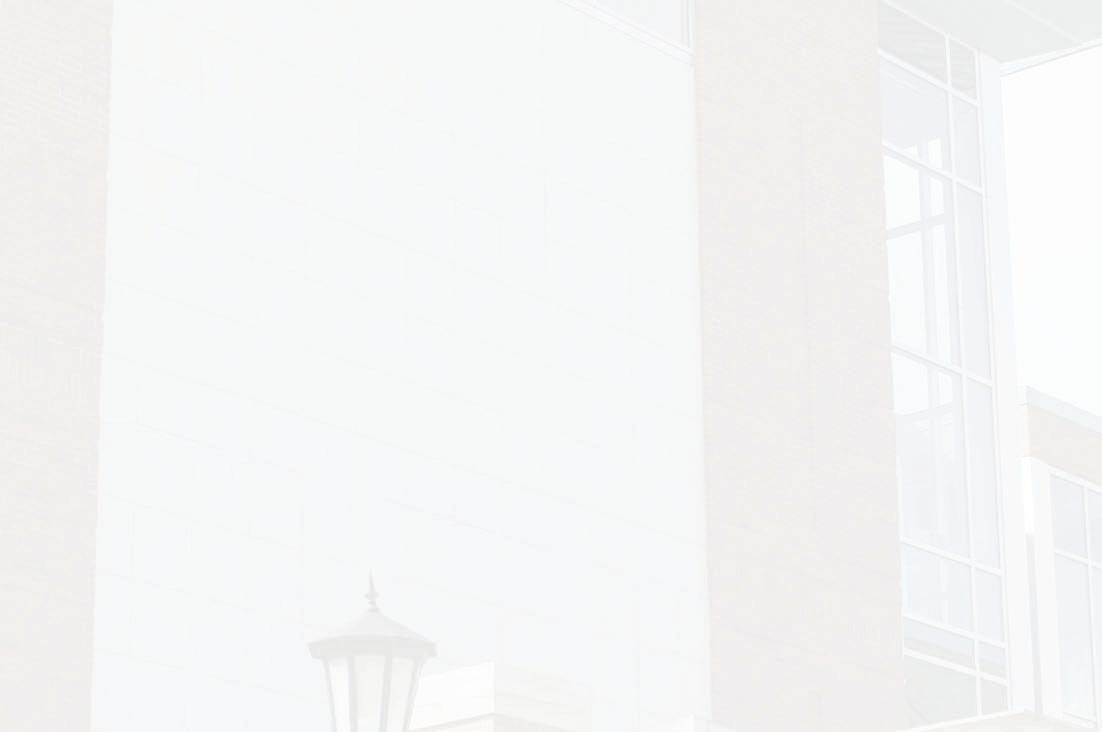

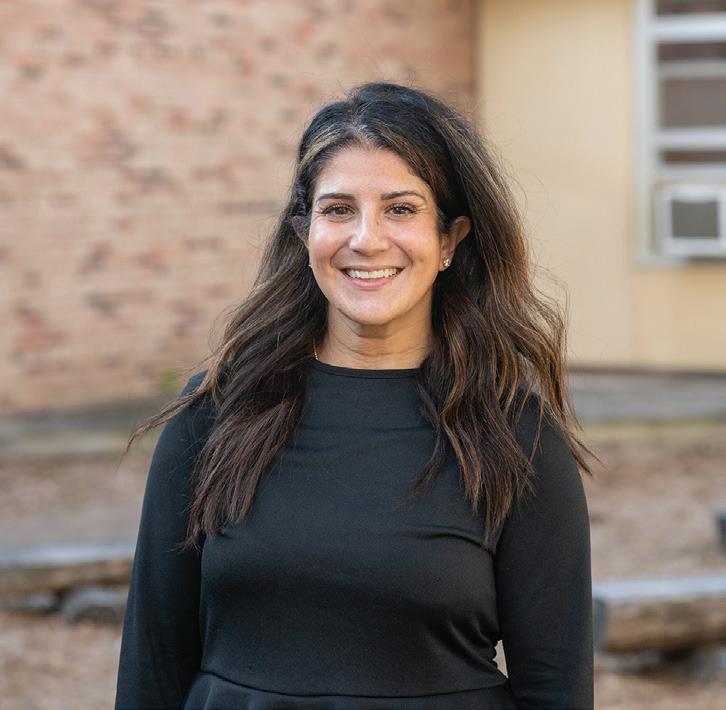

“It is so important that everyone is a person with a voice. It’s our role to really help [children] make it through their communication disorder and make life easier for children and families. Saint Rose really brought home the value of being a really good person. These students want us to be creative, and want us to be resourceful, and want us to be able to change really quickly and come up with something fun. They really, at the end of the day, just want to be loved. I think that all those values were woven through our educational classes at Saint Rose and will be with us forever.”
“I know that this may sound cliché, but teaching is a challenging yet rewarding career. As of now, the world is focusing on the difficulties that teachers and students are facing as we transition back into the classroom. However, the media is not focusing on the growth students have still been able to accomplish throughout this pandemic. We need more teachers that are passionate about working with our children. Through this pandemic, we have seen teachers do the unimaginable just to get our children to learn and stay on track. I think we need more driven teachers inside of our school system.”
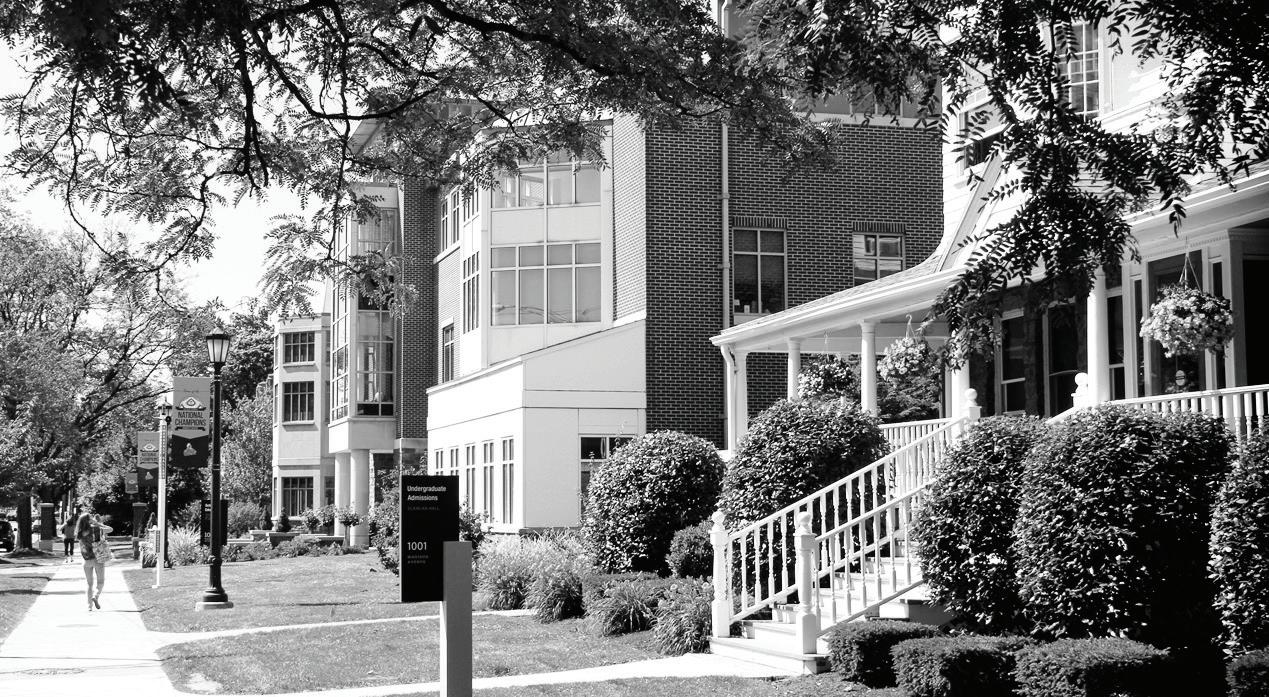
“I have wanted to teach since I was 11 years old and ALWAYS heard from adults around me that ‘Saint Rose is an incredible college for teaching.’ It seldom happens in life that one’s expectations are met with complete and full accuracy. The level of preparation that I can confidently say I received in my 2 1/2 years at Saint Rose has to be some of the best in the country. Saint Rose allowed me to take my dream and run with it. It allowed my confidence as an educator to blossom. I appreciate all of the faculty who pushed me to become the educator I see myself as today. If I had to pass on one piece of advice to those first-semester students it would be this: Stick with it, and believe in what your professors are telling you; if you trust the process and put in the effort, then you will undoubtedly be transformed into the educator you always hoped to be.”
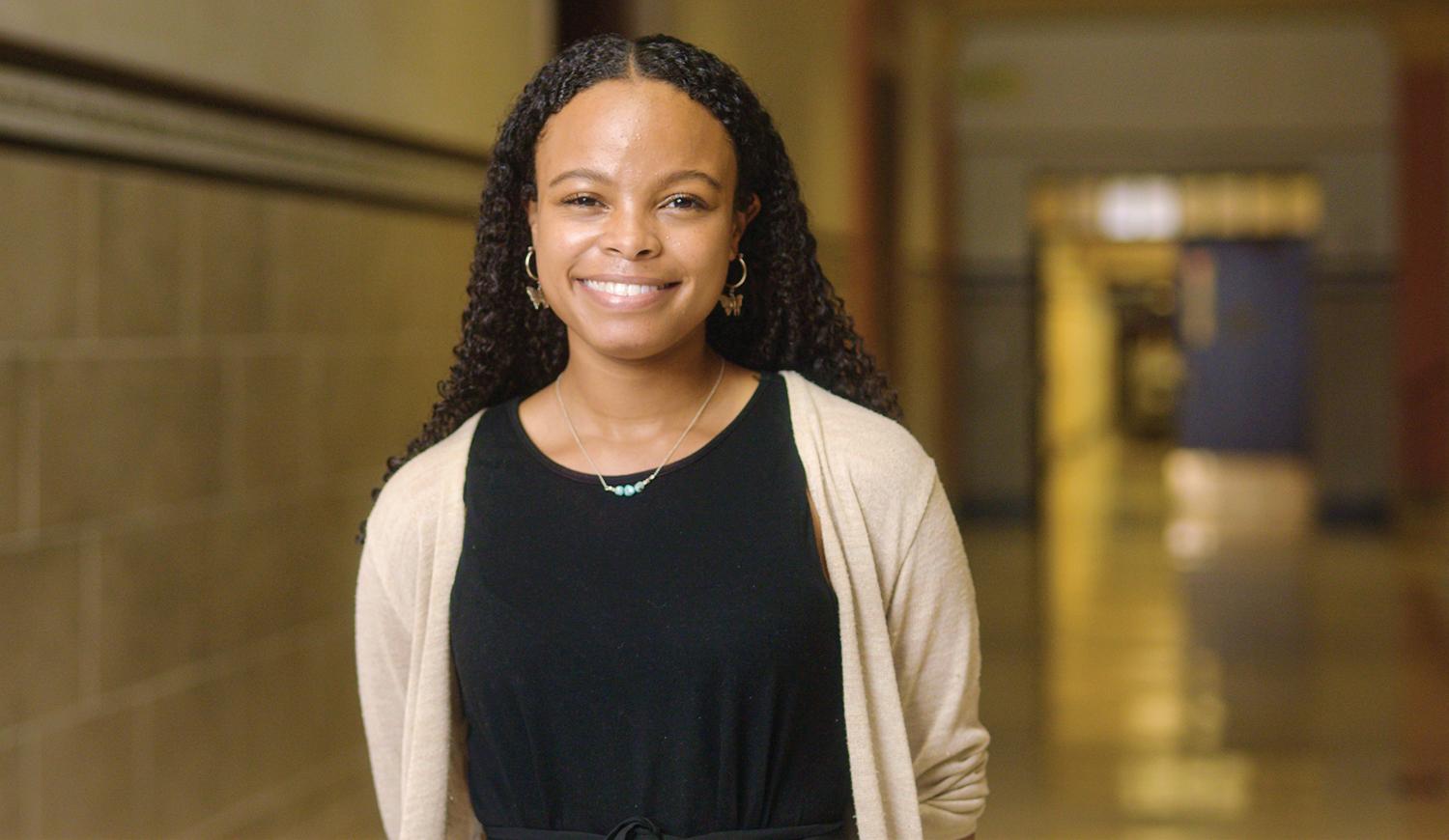



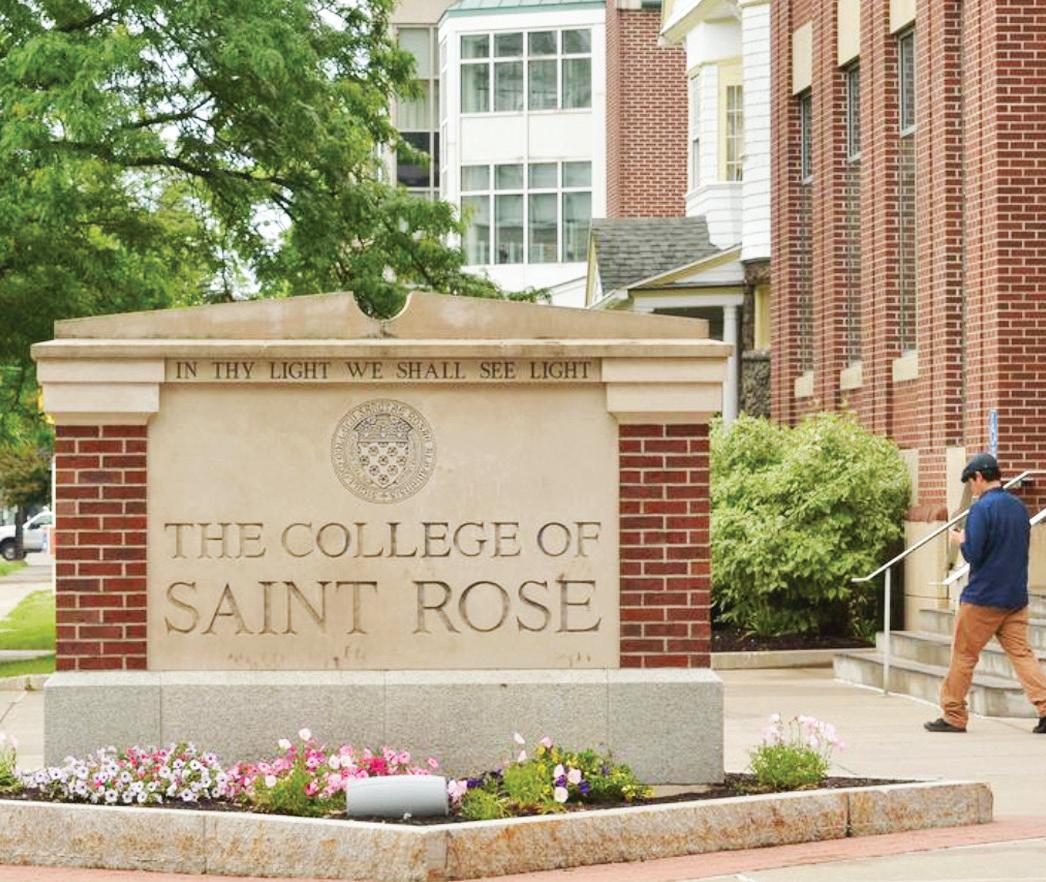
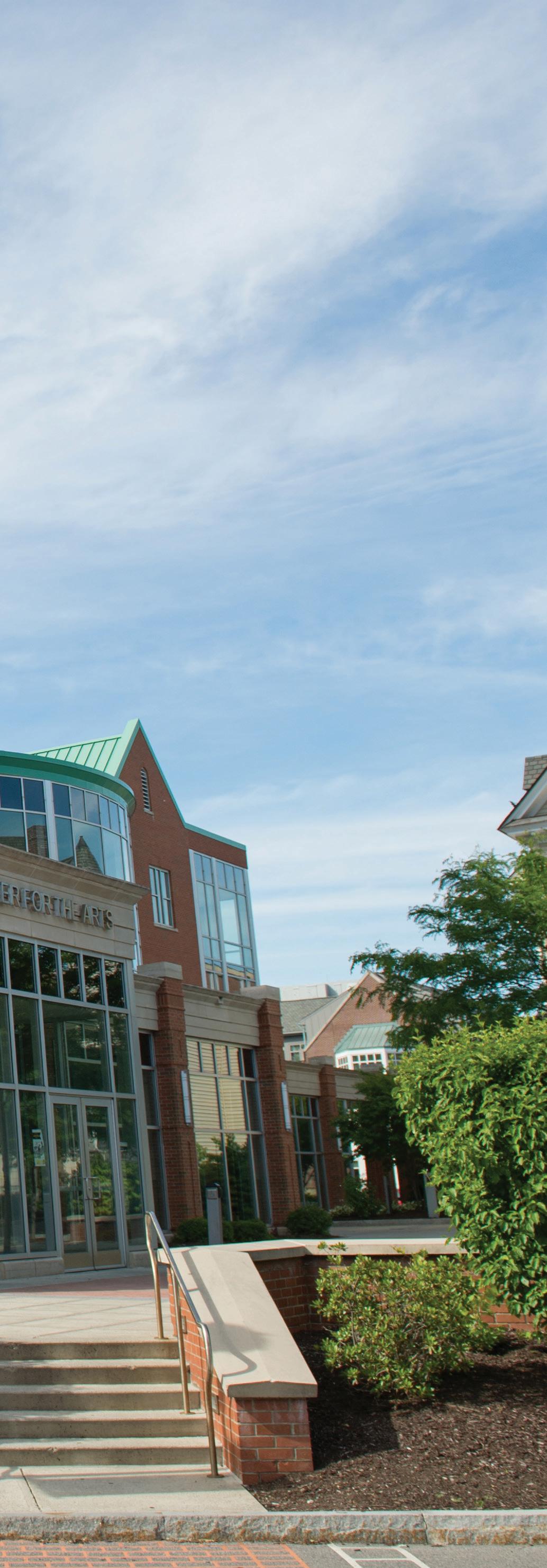
“One of the core things that Saint Rose always taught us is the work is never done. I’m constantly reflecting and thinking, ‘How can I be better for myself but also for the scholars that I serve, their families, for the school culture that I’m part of wherever I am?’”
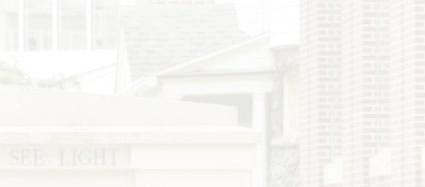 The College of Saint Rose
Luke Riccio G’20
K-5 Language Teacher in Eugene, Oregon
Nadia Rubino ’19
Teacher, Brighter Choice Charter School for Girls in Albany, New York
The College of Saint Rose
Luke Riccio G’20
K-5 Language Teacher in Eugene, Oregon
Nadia Rubino ’19
Teacher, Brighter Choice Charter School for Girls in Albany, New York

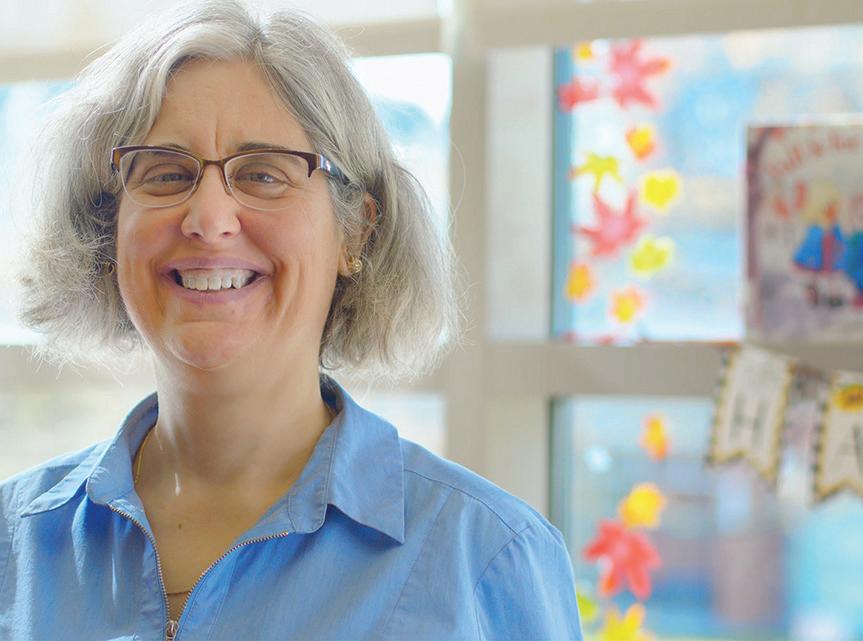
Professor Christina Pfister teaches undergraduate and graduate-level courses across a variety of programs at the Thelma P. Lally School of Education and brings a wealth of knowledge to her classrooms. She also serves as a mentor, academic advisor, and supervises student teachers. The 2021 recipient of the Thomas A. Manion Distinguished Faculty Award, Pfister was honored for her dedication to Saint Rose, her students, and the field of education. An 18-year member of the New York State Association of Teachers (NYSATE), she joined as a doctoral student and was recently elected to the board. But there’s a lot more to Pfister than her education acumen and innovative teaching methods. Here are five things to know about Pfister that make her such an excellent professor to learn from.
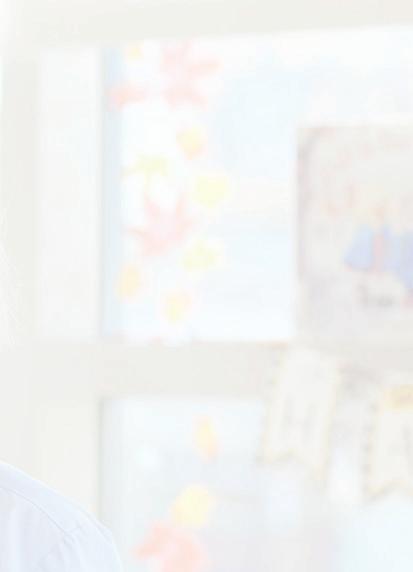
1. A sense of humor is required. Fieldwork can be challenging, and doesn’t always go as planned. Pfister believes a good laugh eases the tension and relaxes everyone. “I don’t try to bring humor in. It just kind of comes out sometimes,” she said. “I enjoy what I do. I think there are so many fun and humorous things that can happen in teaching. If I can get students laughing, we can move on to problem solving and focus on the issue at hand.”
2. Mentoring is important. Pfister takes a holistic approach to helping both her current and former students. She’s offered advice on everything from finding the right graduate school to how to read an apartment lease. “I see myself as a mentor in all aspects of a student’s life. It’s about what is important to them and what they need.”
3. Her snack drawer is legendary and open to all students. Stocked with granola bars and microwavable mac and cheese bowls, everyone is welcome to stop by, say hi, and fuel up. “It’s a way to get to know students more personally,” she said. “They’ll grab a snack, sit down, and tell me something that’s going on in their lives or maybe have a question about class. Then it will evolve into discussing their field placement or student teaching. I really care about my students and want to know what’s happening in their lives.” Many of Pfister’s students meet each other while spending time in her office and go on to develop strong friendships.
4. Her favorite course to teach is Curriculum and Instruction, which includes 15 hours of fieldwork with local elementary classes. Pfister said she focuses on lesson planning and invites her students to think about who their future students will be and what will engage them. “My students get the opportunity to see live instruction early in their Saint Rose education,” which helps make the connection between what they’re learning in class and how that applies in the real world.
5. One piece of advice she would give to all of her students is to bring their unique self to the classroom. “I tell students who you are as an individual matters and should be reflected in your teaching. Your lesson plan reflects you and what you value, and this is important for your future students. This helps students see themselves reflected in the curriculum.”
We know that materials for your student-teaching and other hands-on experiences can be expensive. That’s why the Patricia Standish Education and Curriculum Library supplies all the state-of-the-art instructional resources you’ll need. We have 12,000 K-12 textbooks in all major subject areas, awardwinning children’s and young adult books, periodicals, course reserves, classroom manipulatives, and audio-visual materials. See and use the materials that are being utilized in today’s classrooms.

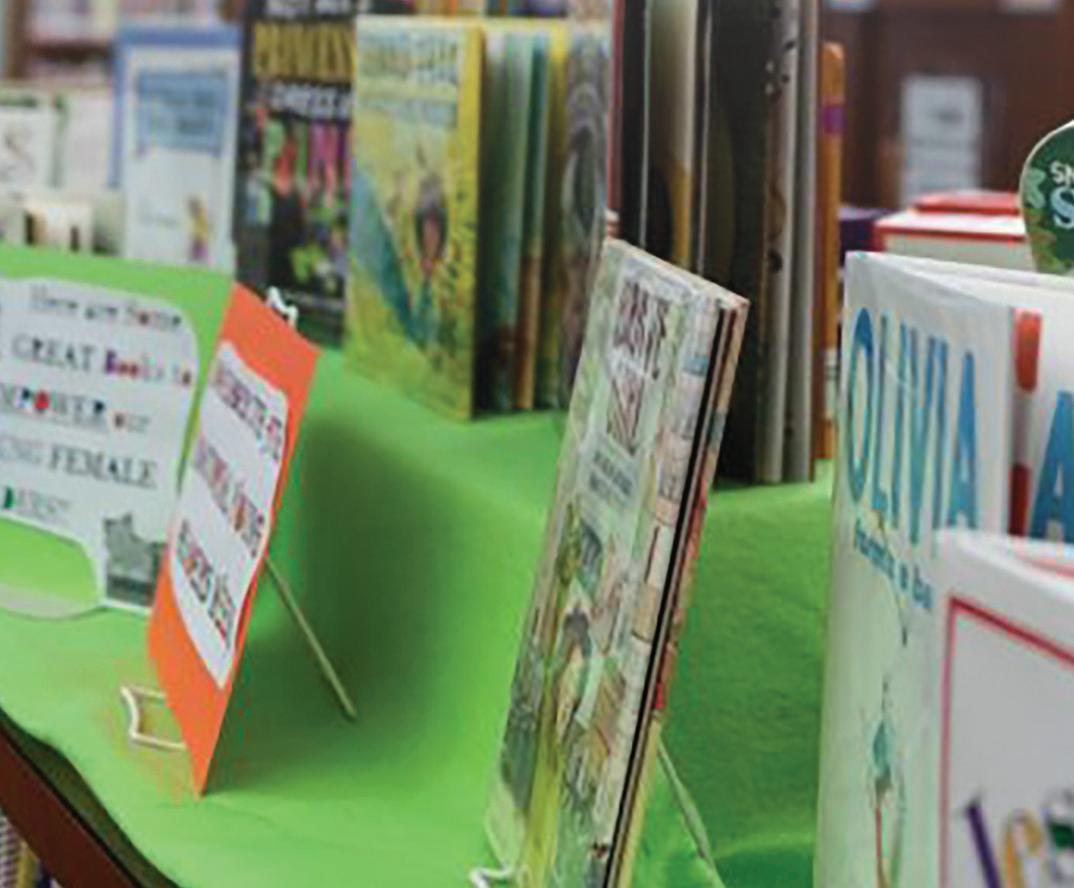


Communication Sciences and Disorders students receive 25 hours of clinical observation and up to 50 hours of onsite, supervised clinical work as an undergrad, making you a competitive candidate for our CSD master’s program. And you’ll want to stick around for our master’s program: Our graduate students rave about their experiences, including the in-depth, hands-on practical training at the on-campus Pauline K. Winkler Speech-Language-Hearing Clinic, working directly with adults and children with speech sound, phonology, language, voice, fluency, and hearing disorders.
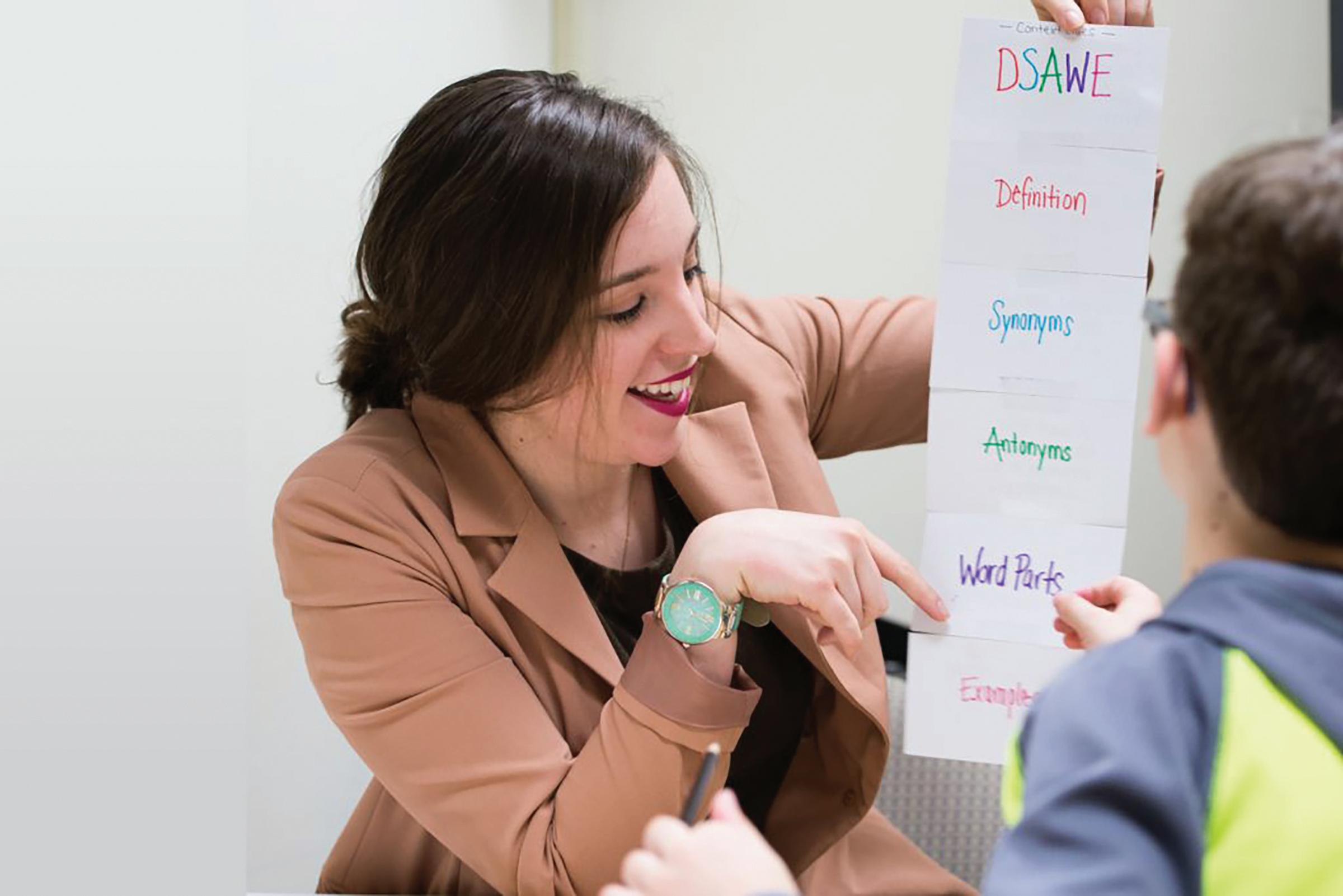
Under the supervision of faculty and staff nationally recognized for their expertise, you’ll participate in client evaluations, assessments, and therapy for adults and children of all ages. Get a head start on your career as a speech pathologist by using the latest technologies to assist people who had a stroke and clients who have experienced traumatic brain injuries, as well as a variety of communication and swallowing disorders.

An on-campus speech clinic that changes lives while preparing students for success
One of the brightest spots on campus provides all the tools you’ll need
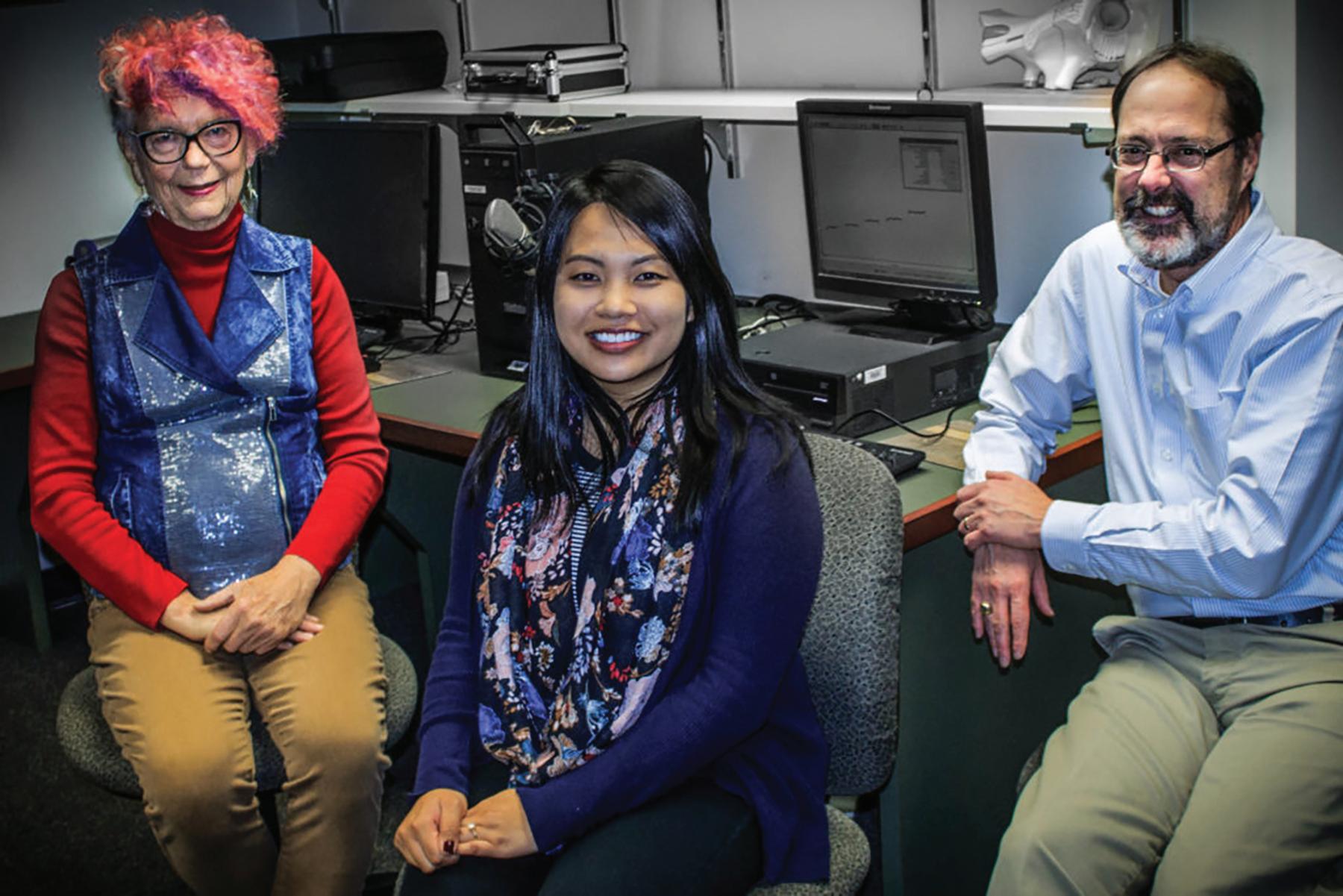

Well before discussions about transgender rights were common, a transgender voice modification group was taking shape at Saint Rose. The program started in 2008, when Arlene Lev, a local mental health counselor, told Dr. John Pickering about a few transgender clients who were unable to find assistance modifying their voices. He agreed to help, though he had never worked with transgender individuals. His research quickly showed the need for a group. The College’s transgender voice modification group is entering its 14th year and about 100 individuals have now taken part. In addition, 180 Saint Rose graduate students in the Communication Sciences and Disorders program have developed clinical skills, and the cultural competence needed to do the job well, by assisting in the weekly groups in the College’s Pauline K. Winkler Speech-Language-Hearing Clinic.
Tutoring local students: Education students get Theory in Action learning opportunities by tutoring elementary school students at the nearby Thomas O’Brien Academy of Science and Technology.
This initiative raises awareness of communication difficulties that arise from brain injury, stroke, and other neurologic conditions. Students can volunteer to participate in an event that raises money for the Moving Message Fund, which goes to individuals who have survived brain injury, stroke, and other neurologic events and are left with a long-term need for speech therapy and/or supportive adaptive equipment.
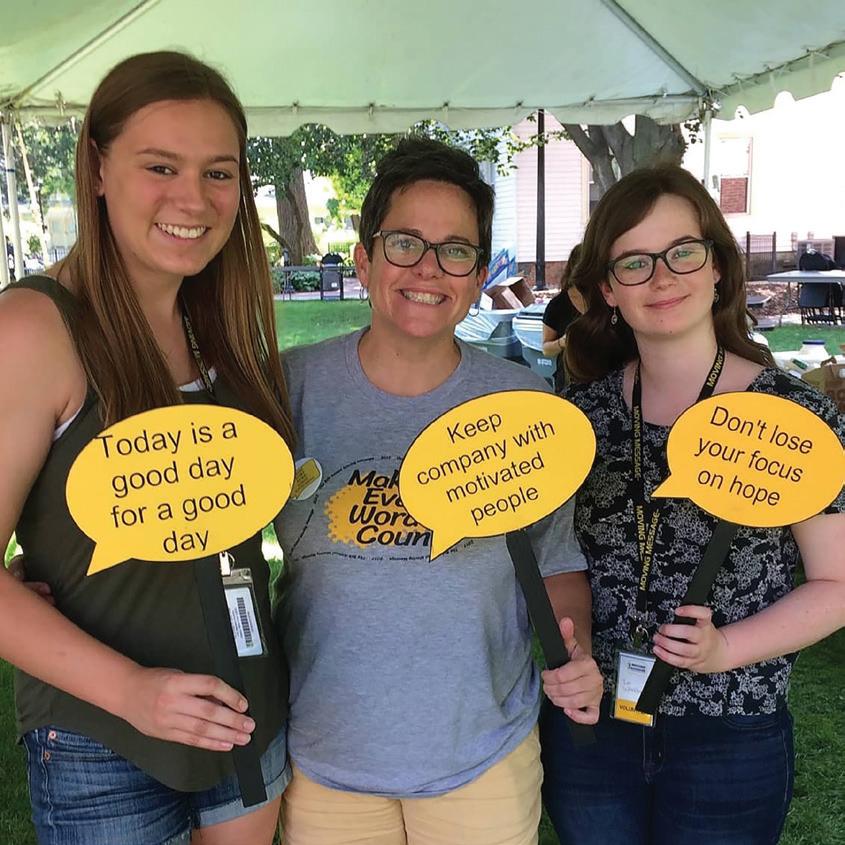
Friday Knights:
Friday Knights gives those on the autism spectrum a chance to play and socialize in a supportive setting. School of Education students give back and gain applicable experience by volunteering to be counselors and activity leaders for students with autism spectrum disorders and social challenges.

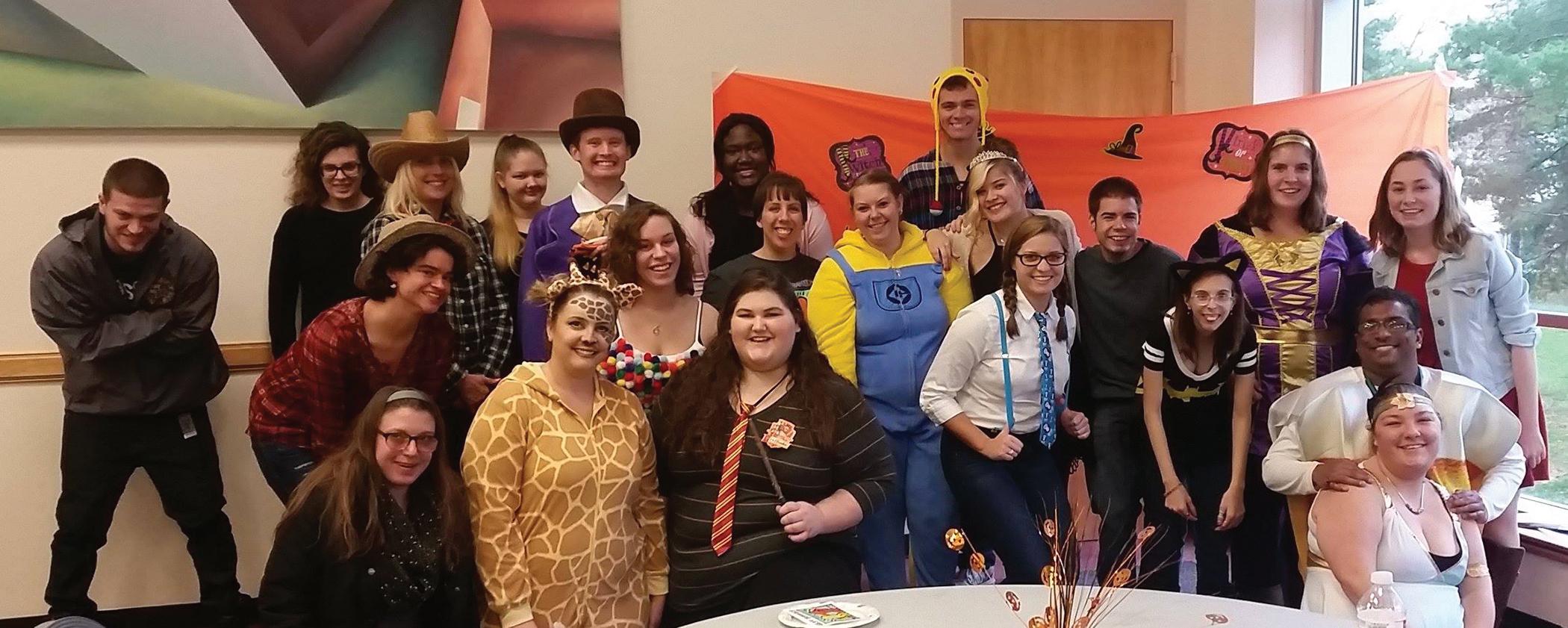
Best Buddies is an organization dedicated to enhancing the lives of people with intellectual disabilities by providing opportunities for oneto-one friendships and integrated employment. On our campus, Best Buddies is a vibrant and active student-run organization that won an award for being one of the most active chapters in the nation.
Helping the dear neighbor is a founding value that our education students take to heart. They get involved in the community, enhancing their classroom experience, and providing a multitude of meaningful services.
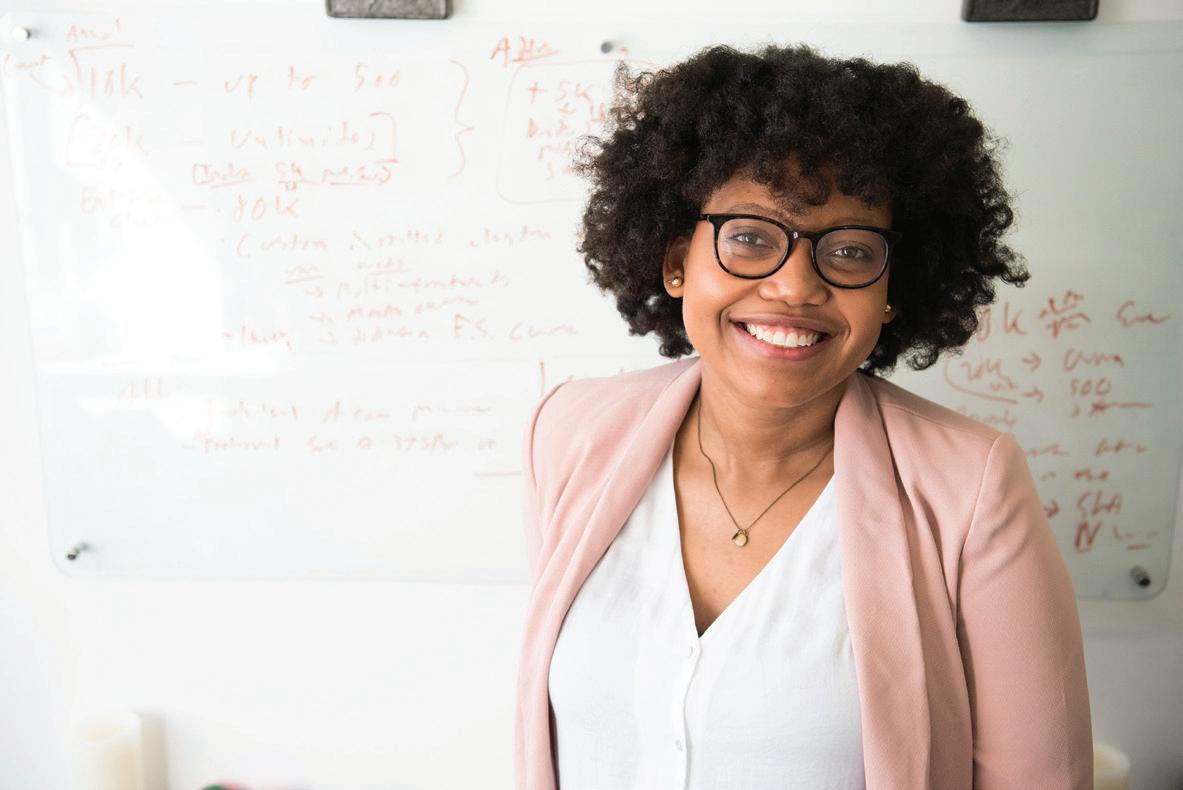
In order to address the statewide and nationwide teacher shortage and encourage more students to pursue teaching, we’re offering free oncampus housing to students who major in education. That’s a value of more than $28,000 over four years – and it’s on top of our generous financial aid.
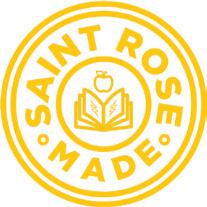
It’s the cornerstone of our Build The Teacher Pipeline Initiative for all new undergraduate first-year and transfer students in the 2023-2024 and 2024-2025 academic years who major in our teacher- and specialeducation bachelor’s degree programs.


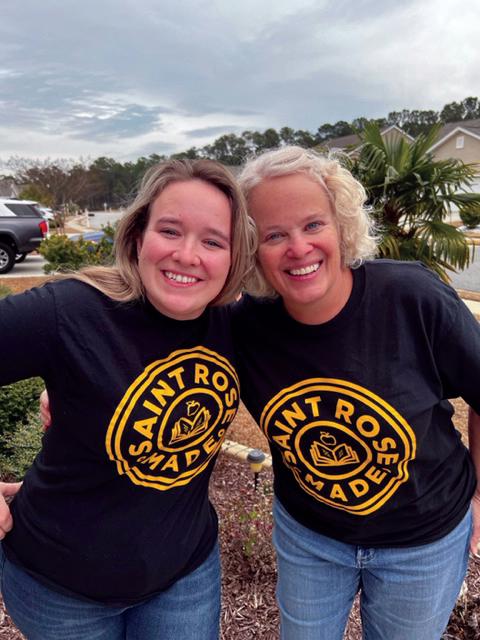
Majors eligible for free on-campus housing are:
Childhood and Special Education Early Childhood and Childhood Education (B-6)
Inclusive Early Childhood Education English Adolescence Education Social Studies Adolescence Education
ASPIRE English and Social Studies